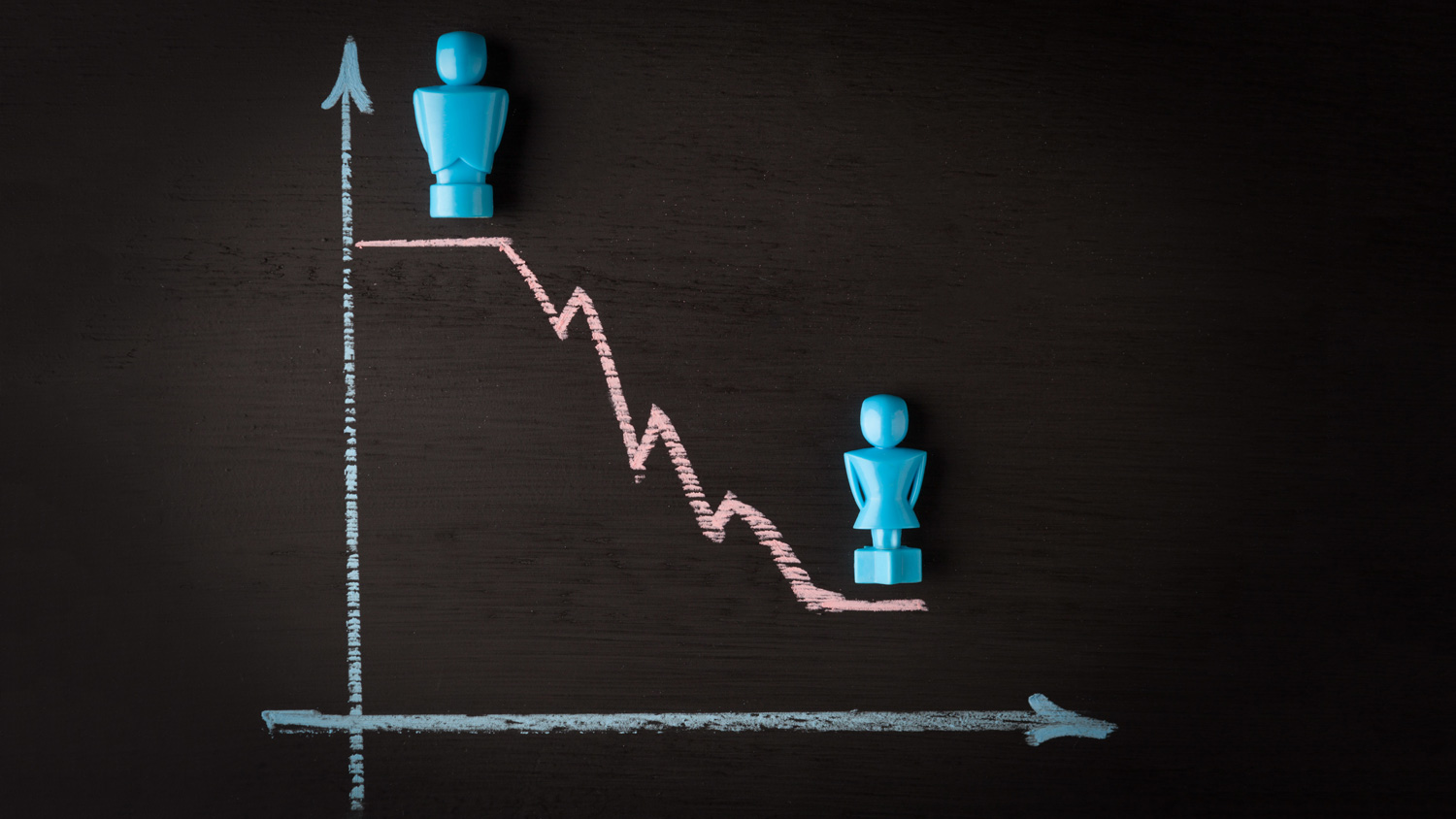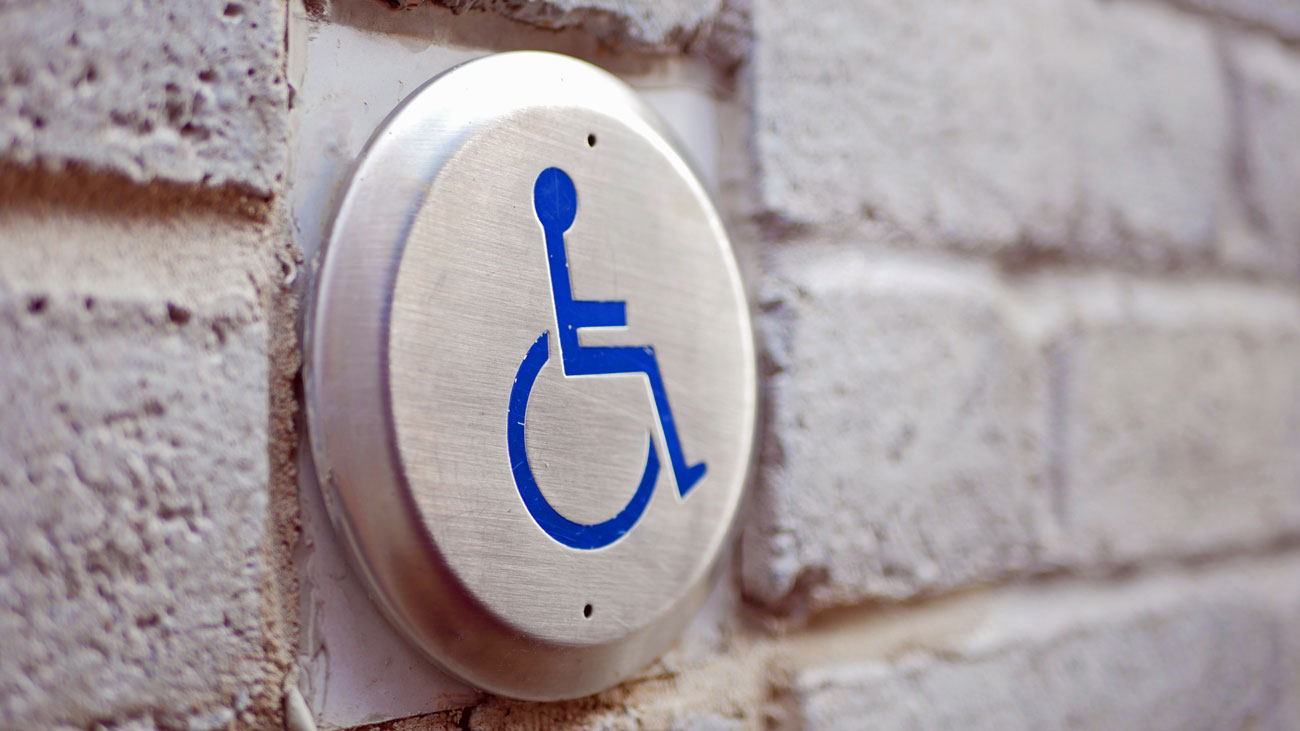
Government urged to tackle sexual harassment at work
Six months on since the Government published its response to its ‘Sexual Harassment in the Workplace’ consultation, a leading employment lawyer is calling on it to not lose momentum or assume the problem has gone away during the pandemic.
The UK Government’s long-awaited response to its 2018 consultation on sexual harassment in the workplace was published on 21 July 2021. The consultation was launched in response to the Women and Equalities Select Committee (WESC) report, which revealed that sexual harassment was a persistent and important issue despite the existence of current legal protections contained within the Equality Act 2010.
At the time, the consultation received responses from more than 130 charities and employers, and over 4,200 members of the public. Over half (54%) of this group said they had experienced harassment at work, defined as unwanted verbal, non-verbal or physical conduct that violates the dignity of a person or creates a hostile, degrading, humiliating or offensive environment.
When the Government published its response, it said it planned to introduce a new duty to encourage employers to prioritise prevention and draft new legislation accordingly. It also said it would look at extending the time period for claims for workplace sexual harassment under the Equality Act from three to six months.
Said Deborah Casale, Partner at international law firm Irwin Mitchell:
"The Government’s response last year to its consultation was well received and marked an important step in the right direction for protecting workers and providing clarity for businesses. Despite all the discussions and positive engagement with numerous stakeholders though, we don’t appear to be any further forward. It’s vital that we do not lose momentum or lose sight of how important it is to tackle the issue of workplace sexual harassment.
“The Government should also avoid the trap of thinking that the issue is less prevalent because more people are working from home and are more likely to work from home in the future. There have been numerous reports which have looked into how remote working has impacted levels of sexual harassment and some have revealed that the problem in some cases has become worse with perpetrators finding new ways to target their victims via technology. It is important that the Government looks to promptly implement its recommendations from the summer of last year.”







